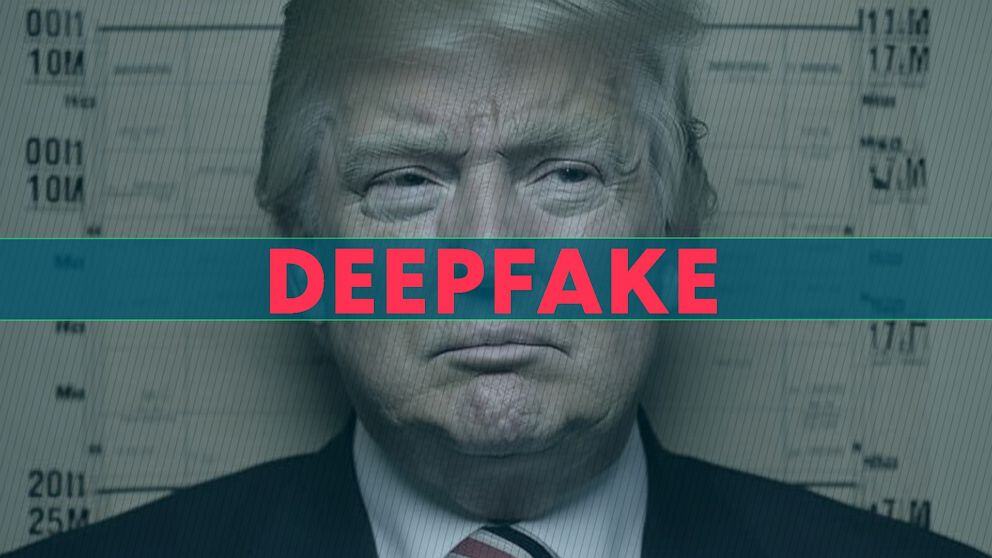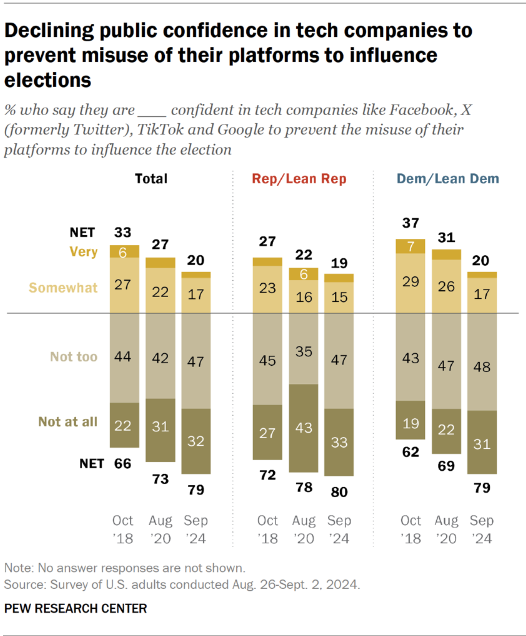AI:The New Trump Card in Democracy?

AI:The New Trump Card in Democracy?
AI:The New Trump Card in Democracy?
AI’s Power play in the game of Politics –
In the recent times, technology has evolved at a breakneck speed, becoming an important part of driving success to companies and organisations across various sectors. Further, with artificial intelligence adding to the advancement, businesses across the globe are adopting new technologies at a faster pace to gain edge in the competition. AI has evolved from being just a powerful enabler, to a strategic asset influencing major outcomes. And nowhere is this influence visibly seen than in the process of selecting one of the world’s most powerful people: the President of the United States.
AI’s Role in Campaigns and Election Tracking. –
AI tools played a pivotal part when it came to improving campaign efficiency and engagement with the voters. Candidates used AI to create at a huge scale – targeted messages and tailor-made ads on search engines and on social media platforms with the help of startups like Battleground AI. While ChatGPT, the most celebrated AI generative chatbot redirected over two million election day users to verified sources, the clear winner was Perplexity, the California based conversational search engine that uses Large Language Models (LLMs) to respond to user queries along with source of data. Perplexity’s Election tracker enabled a real time tracking of voter data and election results. Users were also able to get answers in AI summarised analyses to election-related questions about voting requirements, polling locations and poll timing.

The Flip Side: AI’s Potential for Misuse –
The Deepfake Threat
The 2024 US Election saw specific threat come from Deepfakes, making it the most used method to spread disinformation and create disbelief in the minds of the voters. Be it the AI-generated robocall that mimicked President Biden’s voice discouraging the Democratic voters from voting in the coming election. Or Donald Trump himself sharing the fake images of Taylor Swift endorsing him as her choice for President. These tactics allowed bad actors to deceive voters with their realistic but false endorsements, creating mistrust and confusion in the minds of the voters. With Deepfakes becoming increasingly realistic, the need for an increase public awareness, effective detection tools and strict regulations have become the need of the day.
The US wasn’t the only victim of this deepfake fiasco, elections in Slovakia and Argentina already saw similar threats to democracy. Just days prior to voting a fake audio surfaced of Candidate Michal Simecka of Slovakia allegedly discuss vote rigging and exploiting of loopholes in social media platform’s policies. All the while, the world watched the campaign staff of the two presidential candidates of Argentina compete each other with AI created images and videos promoting themselves and attacking the opposition.

Cheaper information resulting in Disinformation
While AI’s greatest prowess was always in the creation of targeted messages at cheaper cost, its misuse has resulted in widespread disinformation. Political parties have come to understand that while it is challenging to polarize the voters’ opinions within a short period, it is much easier to discourage voters from voting all together. Rumours, allegations and lies about voting machines, voting by non-citizens filled all online spaces reaching millions of users within a short time. With hoax bomb threats and news about cancellation of election, the US feds are still handling the deluge of disinformation and trying to trace back to the sources of such false informants.
The Battle Against AI
To set an example for the type of counter actions that needed to be taken when it came to misuse of AI, the Federal Communications Commission (FCC) fined the political consultant Steve Kramer $6 Million and penalised Lingo Telcom $1 Million for the Biden Deepfake robocalls that got transmitted early this year. Election officials have also been ramping up efforts to counter AI-driven threats by training their staff to detect deepfakes, sharing awareness to the general public about the potential of AI to fabricate records and spread disinformation.
Even Hollywood celebrities recently showcased the deceptive power of AI in an educational Ad campaign. The twist however was that the celebrities that starred weren’t real but deepfakes created using AI. This clever demonstration highlighted how AI can easily create convincing and realistically looking false content.
Role of Tech companies and Public Confidence –
While the recent election has not seen the highest impact by AI, it’s not a day too late before Gen-AI becomes a dominant force driving political campaigns and benefit the leader who uses AI to their best advantage. With the rise in disinformation, it is up to the companies to strengthen their detection mechanisms to combat this evil. While companies like Google, Meta, Open AI and Tiktok have already pledged to detect and combat deepfakes and other kinds of AI-driven content, the public confidence has only decreased over the years. As we see a lot of these giants share limited amount of public data about posts, we are at the mercy of what these companies share with us.

The Burden of Vigilance –
While the advent of AI has indeed transformed the way we live, communicate and even vote, it has also brought with it challenges. Currently, 57% of the US adults are deeply worried about AI and its role in the creation and distribution of false information. The misuse of AI has blurred the lines between fact and fiction leaving the common man more vulnerable. Until stricter laws and transparency from social media companies are enforced – the responsibility still lies only on the general public to be vigilant.
Even in the digital age, the saying – “If it seems too good to be true, it probably is” still holds true. Therefore, as AI continues to evolve, so must our efforts to safeguard democracy, truth and trust.


